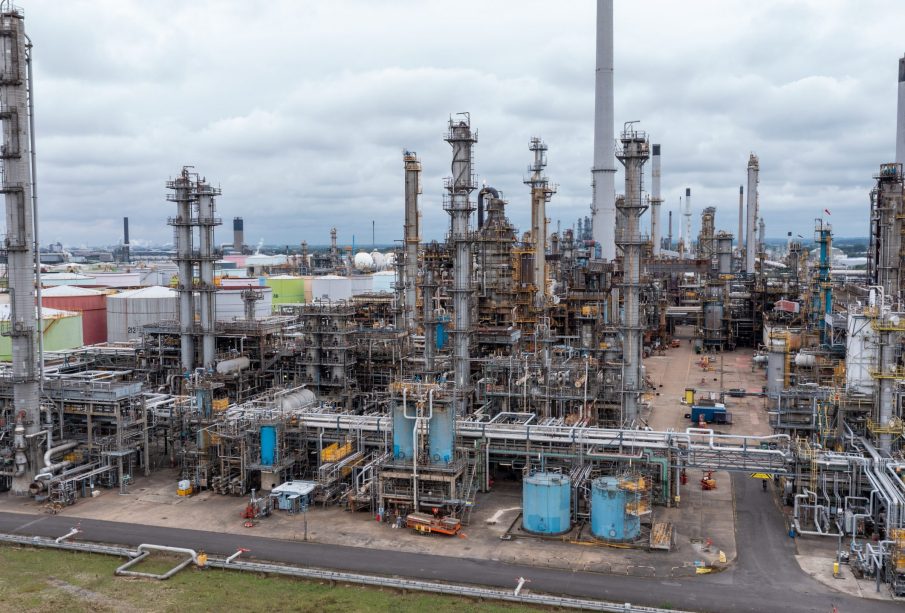Prax Lindsey Oil Refinery: Current Developments and Significance

Introduction
The Prax Lindsey Oil Refinery, situated in North Lincolnshire, plays a critical role in the UK’s energy landscape. As one of the largest refineries in the country, it is pivotal for the production of fuels and other petroleum products, catering to both national and international markets. Recently, there have been notable developments concerning the refinery that could have significant implications for local economies, the environment, and energy security.
Recent Developments
In recent months, Prax Lindsey has been making headlines due to its ongoing expansion and modernisation efforts. In August 2023, the refinery announced plans to invest over £200 million into upgrading its facilities. This investment aims to improve operational efficiency and reduce carbon emissions, aligning with the UK Government’s broader targets to achieve net-zero emissions by 2050.
One of the key aspects of this investment is the introduction of advanced technology designed to facilitate biodiesel production. This shift not only promises to enhance the refinery’s capabilities but also significantly contributes to the UK’s renewable energy goals. In light of escalating concerns about climate change, the transition towards more sustainable fuel options has become imperative.
Moreover, the refinery has recently expanded its workforce, adding over 100 new jobs as part of its growth initiative. This has sparked renewed interest in the local community, as economic development often translates to improved job opportunities and ancillary investments.
Implications for the Future
Looking ahead, the developments at Prax Lindsey Oil Refinery are expected to have a cascading effect on the energy sector in the UK. As the country aims to balance energy demands with environmental responsibilities, refineries like Prax Lindsey are adapting to these challenges by investing in cleaner technologies.
Furthermore, the refinery’s move towards increased biodiesel production positions it as a potential leader in the green energy transition within the fossil fuel sector. Analysts predict that if similar facilities follow suit, it could enhance the overall sustainability of oil refining processes across the UK.
Conclusion
The ongoing investment in the Prax Lindsey Oil Refinery highlights the facility’s commitment to both energy production and environmental sustainability. As these developments unfold, they hold promise not only for economic growth and job creation within the community but also for advancing the UK’s renewable energy objectives. Stakeholders in the energy sector and local regions will be closely monitoring the refinery’s progress, which is a bellwether for the future of oil refining in an era increasingly focused on sustainability.









